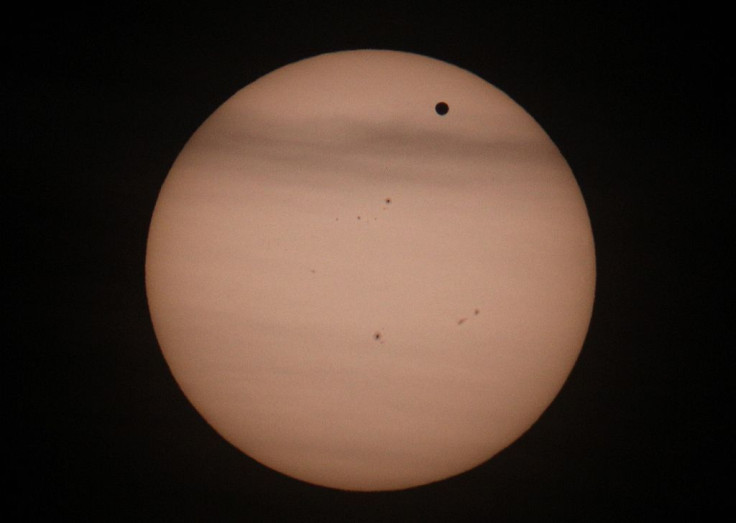A new study revealed that alien life may have been found on Venus and that the planet’s clouds are “more habitable” than previously thought.
Until recent years, Venus has been considered one of the least likely of places in the Solar System to find alien life, reported Mirror. It was due to it being the hottest planet, even more so than Mercury, but in 2020 a major discovery was made with evidence of phosphine. It is a molecule that is formed as a result of life processes when on Earth. The findings were disputed as the same scientists said that they could have made an error in the amount of phosphine that they thought they had found. It was also doubted how lifeforms could have resistance to the droplets of sulphuric acid in the clouds.
The presence of ammonia could make life a possibility by neutralising the acid, according to a new study, which was published in scientific journal Proceedings of the National Academy of Sciences. The ammonia could spark a chain of chemical reactions leading to making life a realistic possibility, according to scientists at Massachusetts Institute of Technology (MIT). It said that the research provided a "transformative hypothesis for the chemistry of the atmospheric cloud layers of Venus while reconciling decades-long atmosphere anomalies."
The scientists' model predicts that the clouds are not entirely made of sulphuric acid, but are "partially composed of ammonium salt slurries." They may be the result of biological production of ammonia in cloud droplets. So, as a result, the clouds are no more acidic than some extreme "terrestrial environments that harbour life," and that life could be "making its own environment on Venus."
Life exists in acidic environments on Earth, said MIT research co-author Sara Seager, reported indy100. But it's "nothing like the environment on Venus unless life is neutralizing some of those droplets," she shared. So, despite the hostility of Venus' surface with its strong acidity, the ammonia could make existence of life a possibility. Venus doesn't currently have the right atmospheric conditions to have water. But there is a possibility that it did when the Solar System was younger and the atmosphere was thinner.

© 2025 Latin Times. All rights reserved. Do not reproduce without permission.





